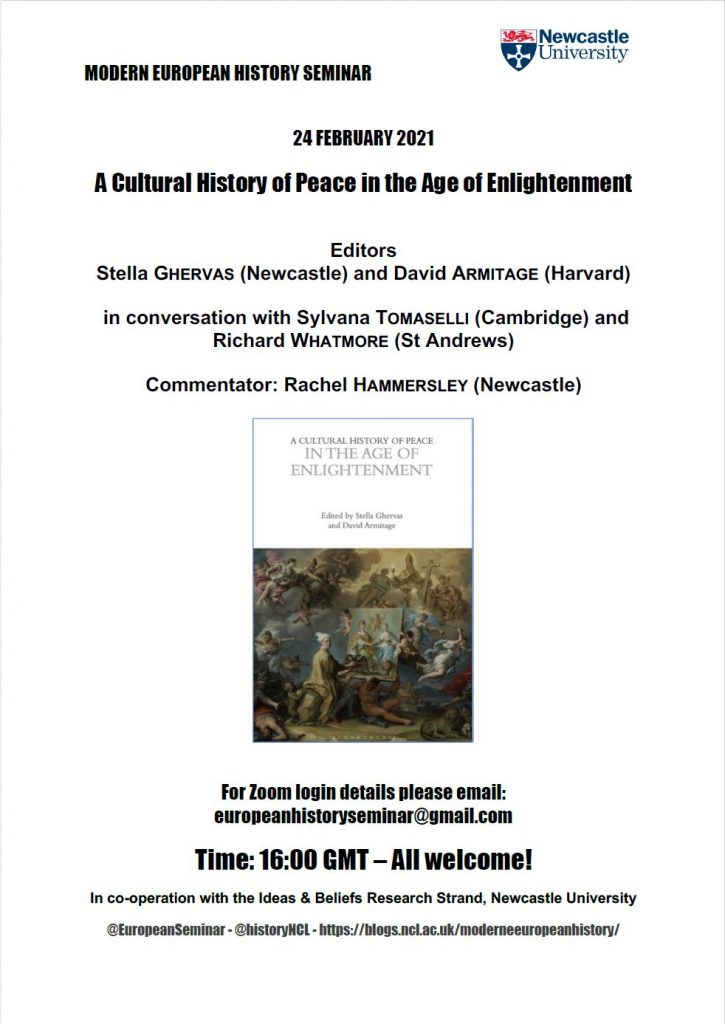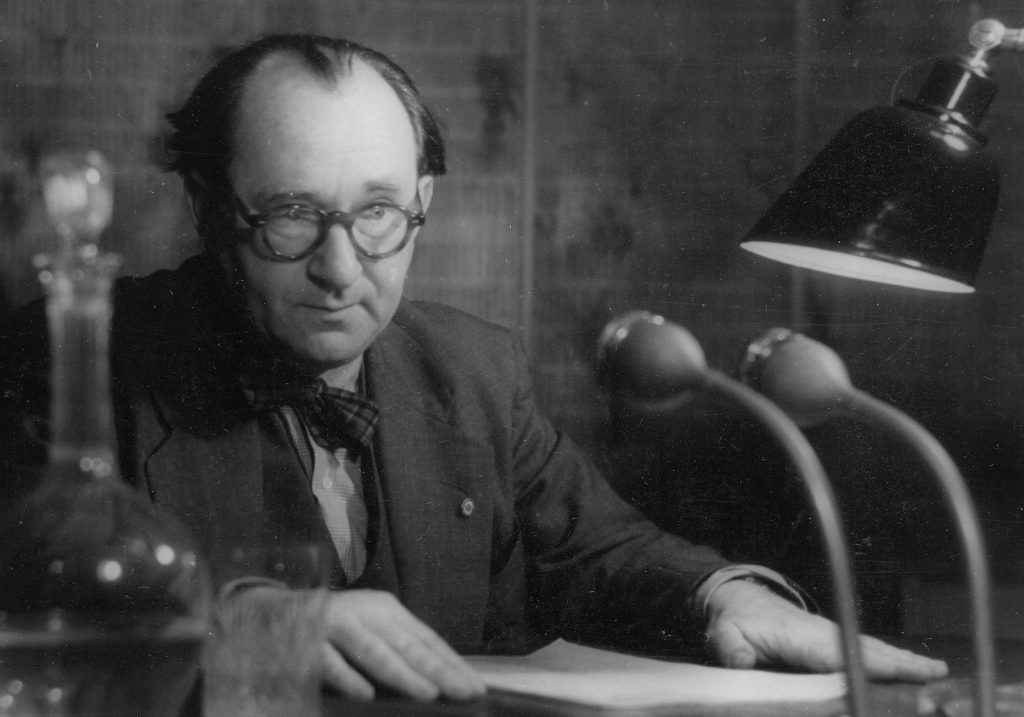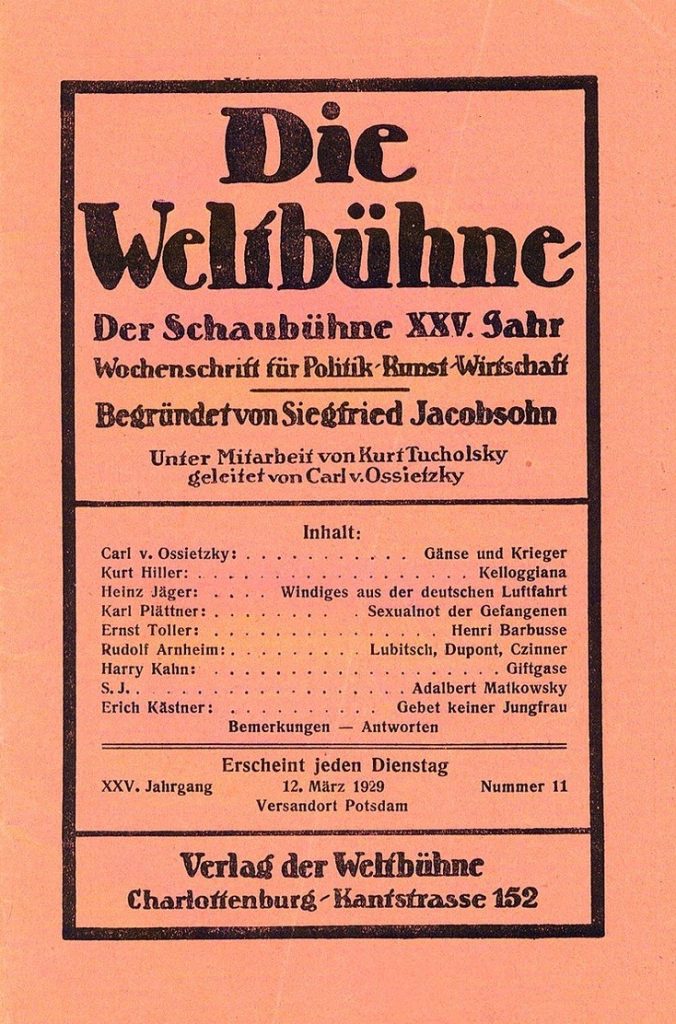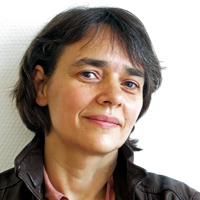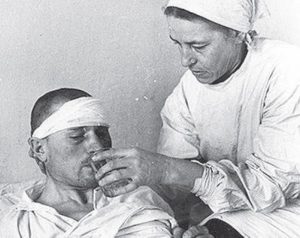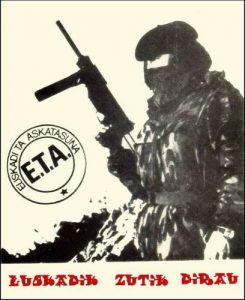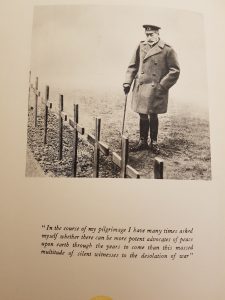Abstract:
In this talk, Professor Martin presents his on-going work on an article in which he documents and interprets the extraordinary growth in the use of bilateral treaties on cultural cooperation and exchange that took place in the 1950s and 60s. This event, the rise of the cultural treaty, was a dramatic, system-wide change in the way states around the world arranged cross-border cultural, educational and scientific cooperation. Yet we know next to nothing about it. In the historical literature on Cold War-era cultural diplomacy, scholars have often noted these agreements, more or less in passing, but virtually no systematic attention has been devoted to them as a genre. The paper is based on the notion that bilateral cultural treaties—the documents themselves as well as the historical patterns of their creation and use—offer rich materials with which to analyze the changing role of culture in twentieth-century international relations, in the context of broader transformations in the age of the Cold War and decolonization.
Professor Martin first reconstructs the history of how ‘cultural’ agreements have been defined and discussed within the international system. On this basis he present a categorization—applied to data available in the electronic World Treaty Index—that I use for counting these agreements. Second, he offers a quantitative analysis of how (and when, and by whom) such agreements were used between 1935 and 1980, identifying and interpreting several striking trends. This combination of approaches is designed to allow me to explore the bilateral cultural agreement as a technology of international relations—one that came to be a distinctive feature of political and cultural internationalism in what Michael Denning has called ’the age of three worlds’. That, in turn, is a first step toward a broader exploration of this technology’s history in international and transnational perspective. This research is part of a larger project, The Culture of International Society, funded by the Swedish Foundation for Humanities and Social Sciences (2017-2021).
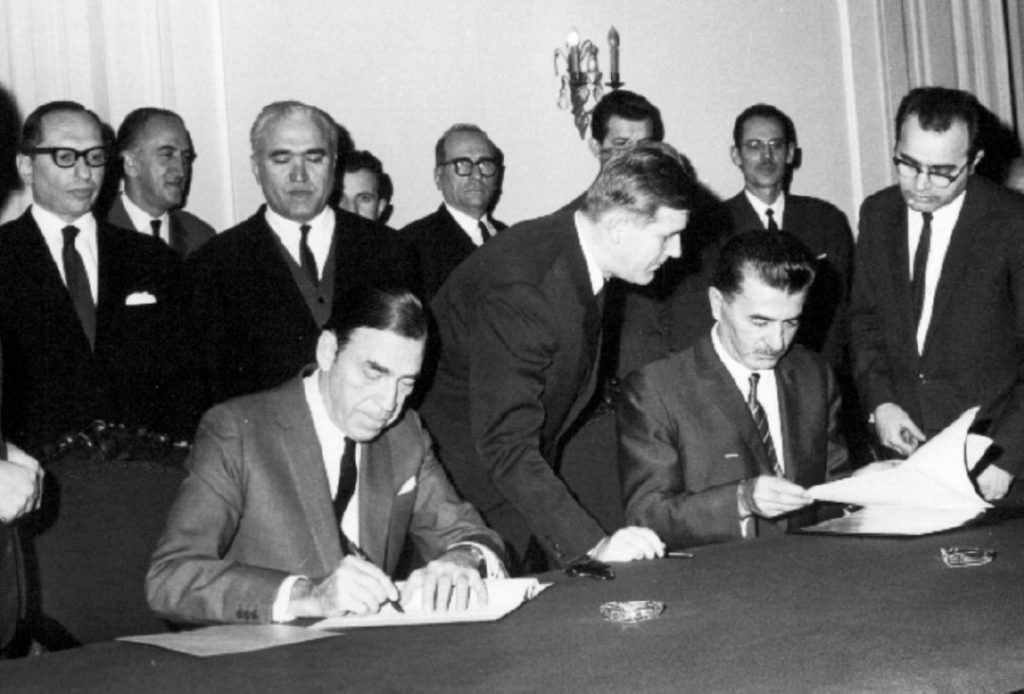
C. Burke Elbrick, U.S. ambassador (left), and Vukasin Micunovic, Yugoslav Federal Council President for Education and Culture (right), sign an agreement extending the U.S.-Yugoslav binational educational exchange program in December 1968. (Photo credit: The Fulbright Program, 1946-1996:
Biography:
A graduate of the University of Chicago and Columbia University, Benjamin G. Martin is senior lecturer in the Department of History of Science and Ideas at Uppsala University, where he is lead researcher on the project ‘International Ideas at UNESCO: Digital Approaches to Global Conceptual History’, funded by the Swedish Research Council (2020-2022). His publications have appeared in The Journal of Contemporary History and International Politics as well as in several edited volumes. He is co-editor (with Elisabeth Piller) of the forthcoming special issue of Contemporary European History, “Cultural Diplomacy and Europe’s Twenty Years’ Crisis”. His book The Nazi-Fascist New Order for European Culture (Harvard University Press, 2016), won the 2020 Culbert Family Book Prize of the International Association for Media and History.

